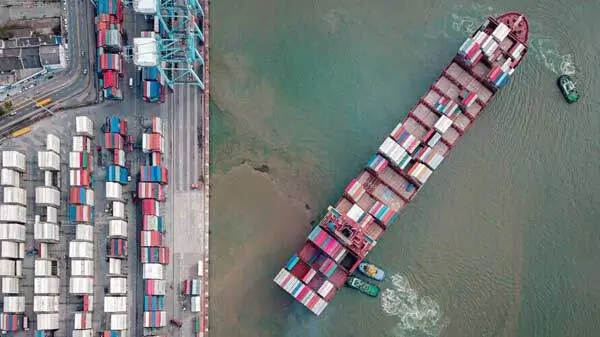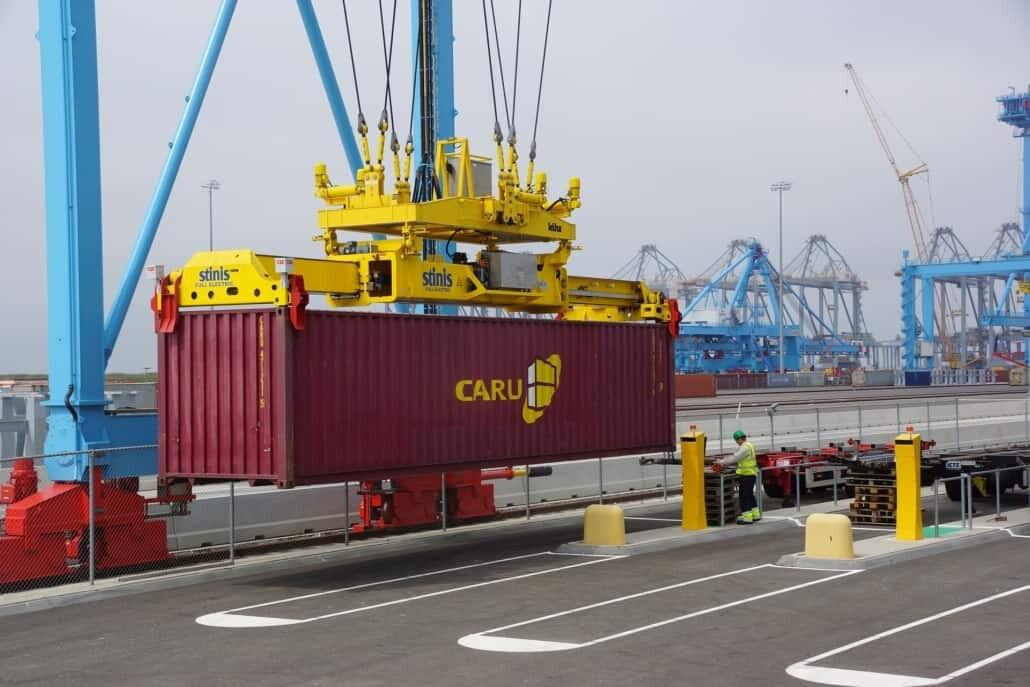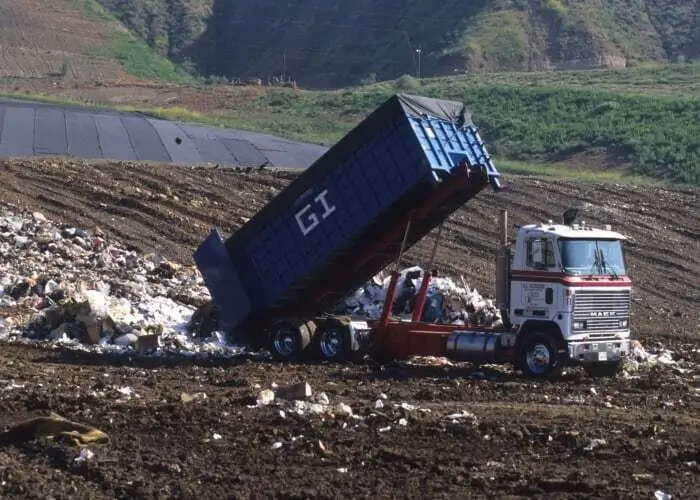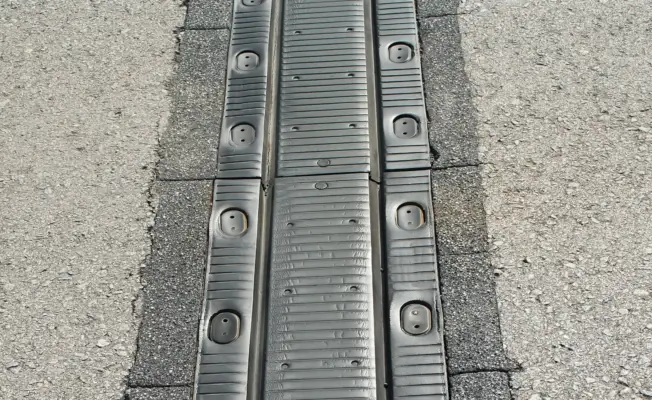Marine sealants for ports

Marine sealants for ports increase durability and protect the soil
Ports are busy areas subject to continuous traffic on and off water. Ships of all sizes come and go picking up and delivering cargo, brought to the port by trucks and trains, and people who have arrived by public or private vehicles. To protect the ports and the large concrete fields in them, special sealants for ports have been developed. As many ports are located at close proximity to seas and salty water, these are usually marine sealants.
The sealants for harbors and ports increase durability and safety as well as protect the soil and water from contamination by chemicals by making the joints impermeable.
3 types of concrete sealants for marine environments

Ports are harsh environments which require the sealants to be heavy duty qualified. Several types of sealants can be applied to concrete fields in ports for both new concrete and repairs:
Ports are harsh environments which require the sealants to be heavy-duty qualified. Several types of sealants can be applied to concrete fields in ports for both new concrete and repairs:
- MS polymer: modified silane sealants retain the chemical resistance of industrial silicone sealants, but they also have increased abrasion and mechanical stress resistance just like polyurethane based systems. These properties make MS polymer sealants an ideal choice for ports as they also commonly have a life expectancy of 25 years.
- Polysulfide: polysulfide marine sealants are the ones that provide the chemical resistance especially to fuels and oil. They are not affected by full immersion in fuels. Abrasion and mechanical stress resistance can be achieved by modifying the formulation. These sealants are also very common at airports.
- Epoxy polysulfide: when epoxy is combined with polysulfide, it is possible to create extremely strong and abrasion resistant marine sealants without compromising on chemical resistance.
Desired characteristics of sealants for ports
As ports and harbors are located in harsh environments where fresh or seawater are present, exposure to the elements inevitable and where the traffic never stops, the industrial sealants for ports have several desired characteristics which guarantee durability of concrete fields.

- Resistance to chemicals and water: similarly to bridge foundation sealants, the best sealants for ports are resistant to fresh or seawater depending on the environment's requirements, and to chemicals ranging from mild acids and gritting salt to fuels and motor oil.
- Heavy mechanical stress resistance: along with the trucks delivering cargo containers comes the heavy loads. Not only are there heavy loaded trucks but also industrial cranes to move the containers to the ship.
- Abrasion resistance: ports and harbors are subject to continuous traffic meaning that the marine sealants used on concrete fields must be extremely resistant to abrasion caused by the traffic.
- Resistance to microorganisms: especially marine environments offer excellent conditions for algae and other microorganisms to grow. They may, however, contribute to faster degradation of concrete. Therefore, the marine sealants must prevent the growth and not be affected by it.
- Weather resistance: last but not least, sealants used in ports are always exposed to the elements from sunshine to rain to snowfall depending on the location. The uv radiation, temperature fluctuations and wet conditions are not to affect the marine sealant system.
The aforementioned three types of concrete sealants for ports all have these beneficial properties to a certain extent. However, to make the final choice, the required proportions of these properties should be carefully weighed, and the system should be chosen based on its suitability to the specific environment.
What to consider when choosing sealants for harbors and ports?
Next to the physical properties, there are several other factors to consider when choosing a sealant for ports and harbors. These are related to the efficiency of the sealants in the specific environment:
- Application: marine sealants can be applied through different methods which allow the application to be completed in different time frames. The fastest method is not always the best: one should opt for the most suitable method resulting in the most durable seals.
- Curing time: different types of sealants for ports require different curing times. Usually the most beneficial sealants cure fast and so minimise downtime. Note that the durability of ultra fast curing marine sealants may be compromised.
- Durability: sometimes the more complex application method and longer curing time results in an extremely durable sealant which does not require maintenance for the first 25 years. This however, means longer initial downtime.
- Need for maintenance: some marine sealants may be fast and easy to apply but might not lead to a maintenance free result. Therefore, it is good to consider whether short downtime due to maintenance is desired, or whether initial downtime could be extended in order to reduce the need for maintenance.
Expert advice for choosing the right sealant
Choosing the best marine sealants for ports and harbors is not always as easy a job as one might think. Many factors need to be taken into consideration and the physical properties of the sealant must be as beneficial as possible. Therefore, our experts are happy to help you choose the best possible sealing systems for your port or harbor construction. All you need to do is contact us and share some project details.
What solution are you looking for?
We are specialized in the infrastructure and roads. Need the best products or advice? Then please leave your details and we will get in touch.





